I was solving one of TryHackMe's rooms about SQL injection.But I couldn't figured out one thing that came to my mind and after spending lots of time I thought it's best to ask that question here. In the room there is a machine to deploy, after deployed machine it gave me an interface(webapp) that takes inputs from me like so :
And if you give it a value like test. It returns following output:
When I saw it, I thought it was an easy SQLi question so I tried most basic SQLi payloads for common dbms like so:
' ; sleep(1) --' or 1=1 --...
But none of them worked and returned me an error message like that:

After that failure, I run sqlmap and it found 2 types of SQLi payload with following payloads:
Then I realized that in time based SQLi, sqlmap used ||. Then I tried to send '|| (select sleep(2)) -- . And it worked. Now my question is why my first payload(' ; select sleep(2) -- ) didn't work, but this one worked ?


